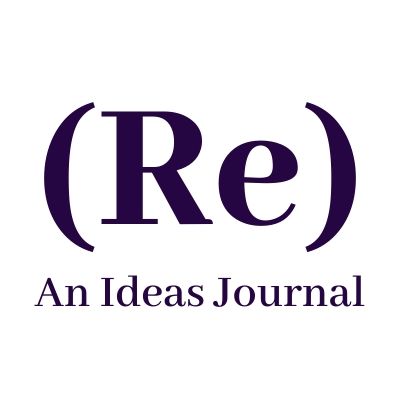CULINARY COERSION
“There is no need for you to be here. We don’t need policing; did I say that correctly?” This admonishment was the first thing Pierre said to me as I entered his cluttered office at the Louvre Museum.
Welcome to Paris, I thought, then smiled, “Yes, the word is correct Pierre, but I am here to supervise, not police.”
“Of course!” he replied, his expression stating otherwise.
I was there to police.
As the Exhibition Coordinator at the New York Public Library, I was sent to keep an eye on the development of our joint venture exhibition, celebrating the one-hundredth year of the 1886 dedication of the Statue of Liberty.
“I am here to observe object handling and design development to ensure that it conforms to the high standards developed in the United States,” I announced.
Pierre’s face went through several shades of crimson.
“Lunch?” he offered, through clenched teeth.
Exiting the museum’s winding labyrinth we made our way toward a small café directly across the street.
Le Ribbon Blu, the sign read.
“The—Blue—Ribbon,” I translated aloud.
“Imbécile,” Pierre muttered.
The restaurant was warm and inviting. A well-dressed maitre d’ quickly ushered us to comfortable seats at a round table with a white tablecloth that draped elegantly to the floor. Fancy. I tried not to look impressed.
In my New Jersey upbringing, mealtime was a lean-in-and-grab event, the rules of which I doubted would apply in this refined setting.
The waiter appeared with a basket of skinny looking bread and a small ceramic bowl containing what looked like golf ball shaped butter.
“Baguette,” Pierre tutored.
“That’s French for bread?” I asked, hungerly breaking off a piece and spreading the strange little butter balls across my crusty chunk. I took a bite.
That moment changed my world. Bread had never tasted so good, so rich in flavor. And the butter! Was that a hint of meadow grass? I was transported.
Pierre noted my shift in consciousness. Snapping his fingers for the waiter, a gesture that seemed uniquely Parisian, he gave rapid instructions in French. The waiter rushed away, returning moments later wheeling a white cloth-covered cart atop which were plate after plate of savory wonders.
First was a succulent beef tenderloin cooked rare, topped with roasted marrow, cloves of charred garlic and a beetroot, star anise jam. That course was followed by a plate of lacy-edged golden crapes wrapped around velvety delicate mushrooms, each bite an earthy pungent surge of flavor. A casserole was brought to the table of crisp, salty breaded eggplant matched well against tart black olives and finished off with a sprinkling of fresh herbs and exotic edible flowers that tasted of radish and crushed pepper.
Up until this point in time pork roll, hoagies and hostess twinkies were the extent of my culinary vocabulary, but when it comes to eating, I can be a fast learner.
The final dish was the most unusual and lovely dessert I had ever seen. A snowy cloud of meringue dotted with nutmeg floated on a sea of pale yellow vanilla custard, a little island of wonder coddled within a shallow porcelain bowl. I didn’t even look to see which correct utensil to pick up, I just dug right in with whatever instrument was close at hand.
“You know,” began Pierre, his voice taking on a conspiring tone, “tomorrow, instead of being stuck in the museum basement watching us, I could arrange a private tour of Versailles, just for you.” Seeing my hesitation he added, “This meal was peasant fare compared to dining at the Palace of Versailles!”
Pierre’s aim was true. Having found my Achilles heel, he was now twisting the arrow.
How could I say no?
Day after day I journeyed deep into the bowels of the museum to do my job. Pierre would block me at the door. Behind him a group of barehanded men packed delicate artifacts into loose hay, the red buds of cigarettes dangled from their lips, a bonfire in waiting.
Before I could speak, Pierre would give me his daily bribe: work in the dreary damp basement or go off on some new exciting and delicious adventure.
After my two weeks of work I returned to the library. My bosses met with me for a debriefing of the trip.
“Was everything kept to our high standards?”
My hand unconsciously patted my stomach, “Well above standard. Outstanding!”
Lou Storey is an artist and psychotherapist living in New Jersey with his husband of thirty-three years, Steve. Lou’s writings have appeared in The New Yorker, New York Times Tiny Love Stories, River Teeth’s Beautiful Things, BEYOND QUEER WORDS ANTHOLOGY and academic journals related to mental health.
